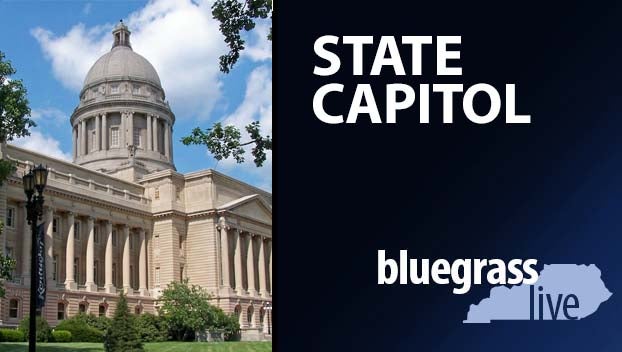Kentucky lawmakers OK bill to lock in unemployment insurance tax rate
Published 6:35 am Tuesday, March 15, 2022
Kentucky lawmakers gave final passage Monday to a business-backed bill that would provide relief to employers on their unemployment insurance tax assessments.
The House voted 88-5 to send House Bill 144 to Gov. Andy Beshear.
Another key part of the bill would spend $242 million in federal pandemic aid to replenish the state’s unemployment insurance trust fund. Like other states, Kentucky was overwhelmed by record waves of claims for jobless assistance caused by the coronavirus.
The measure would allow employers to continue using the unemployment insurance assessment rate set for 2020 before the COVID-19 pandemic hit. The suspended rate would save Kentucky businesses, on average, about $70 per employee, lawmakers were told.
Republican Rep. Russell Webber, the bill’s lead sponsor, has said the locked-in rate would give businesses “some breathing room” while trying to cope with other challenges, including rising inflation and ongoing supply chain problems.
Some lawmakers have been critical of giving relief to employers while another bill would revamp rules for unemployment benefits for laid-off Kentuckians.
That separate measure, which lawmakers sent to the governor last week, would increase work-search requirements for people receiving jobless benefits and tie the length of time recipients get benefits to the unemployment rate. That provision could cut the number of benefit weeks by more than half in times of low jobless rates.
Legislation that would require Kentucky State University’s Board of Regents to be replaced by early April was also approved by the House. The bill, which allows Democratic Gov. Andy Beshear to appoint eight members of an all-new board, was amended to extend the deadline from April 1 to April 4. The bill now heads to the Senate.
Kentucky’s sole public historically Black university has been under state oversight since last summer, when worries over KSU’s financial well-being and lawsuits alleging misconduct by campus officials came to a head.
Senate President Pro Tem David Givens said last week that a new board must “be in place and confirmed by the Senate” before the university receives the $23 million officials said are vital for the school’s survival.
Though the House has passed a separate bill that would appropriate the funds, it has yet to get a vote in the Senate.
Meanwhile, the House passed a bill aimed at combating the state’s surging drug overdose death rate. The measure would enhance the penalty for importing or trafficking fentanyl, or fentanyl derivatives. Under the bill, people convicted of those crimes would serve a minimum of 85% of their sentence before eligibility for probation or parole, up from a minimum of 50% served. The measure heads to the Senate.
“With something this dangerous, there have to be consequences for those who traffic in these substances and put them into the rural and urban areas of Kentucky,” said Republican Rep. Chris Fugate, the bill’s lead sponsor.
Kentucky’s rising overdose death toll has been driven by opioid abuse. A key factor is the prevalence of fentanyl — a powerful synthetic opioid increasingly added to other illicit drugs to boost potency.






